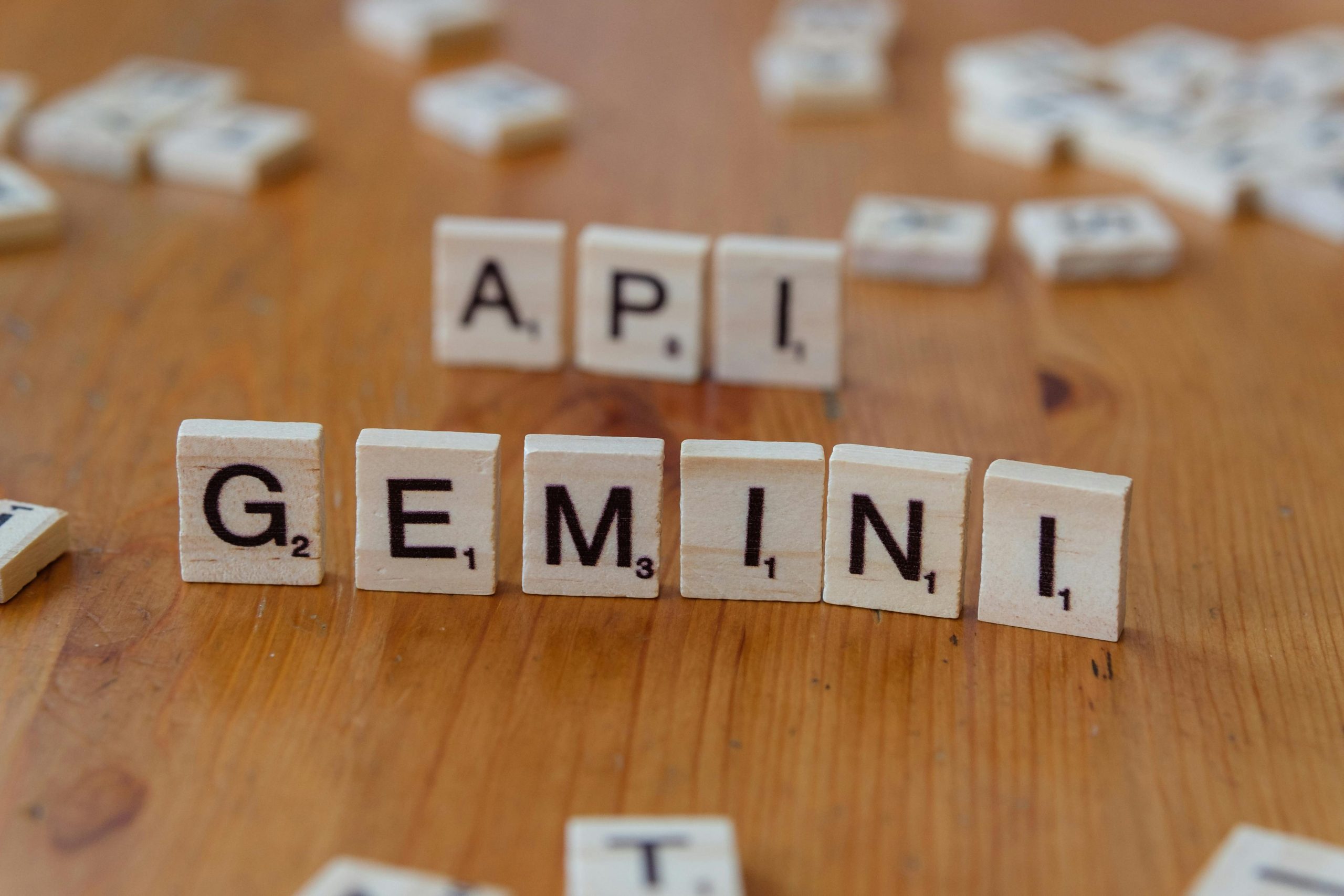AI — Because Billionaires Still Haven’t Achieved Enough Wealth!
The Growing Power of AI: Wealth, Progress, or Profit Motive?
In today’s rapidly evolving technological landscape, the shift towards AI and automation is often heralded as a leap forward for society. However, beneath the surface, many experts and observers question whether this push is truly about innovation or primarily about increasing profits for the ultra-wealthy.
The Drive for Cost Savings, Not Progress
Corporate adoption of AI and robotics frequently focuses on reducing labor costs rather than fostering genuine progress. The intent is to maximize financial gains, often at the expense of human employment, rather than improving overall quality or utility. This trend signifies a concentration of wealth, with the richest individuals and corporations benefitting the most as jobs are replaced and new opportunities become scarce.
The Limitations of AI: The Garbage In, Garbage Out Dilemma
Currently, AI systems depend heavily on vast amounts of data—what is often referred to as “big data.” The belief is that larger datasets will lead to smarter, more accurate AI. However, this assumption is flawed. Feeding AI more data composed of unverified or poor-quality information does not improve its intelligence; it only amplifies existing inaccuracies. As a result, AI’s output remains compromised by the quality of its input, raising questions about its true capabilities.
Who Builds AI Matters
If artificial intelligence aimed for true intelligence, one would expect it to be developed by the world’s most innovative and thoughtful minds. Instead, much of it is assembled by cost-cutting programmers led by a small group of wealthy investors. Initiatives like Elon Musk’s “Grok” exemplify this approach. While Musk’s intellect is evident, skepticism lingers regarding the true intent behind such projects. Are they genuinely advancing human knowledge, or are they branding efforts and marketing hype?
A Critical Perspective
From a broader standpoint, decision-making in the AI sphere often appears influenced more by financial interests than societal benefit. Wealthy elites seek to minimize human labor, even if it risks future stability. Political actors sometimes facilitate this trend through legislation that limits oversight, effectively delaying regulations and allowing profits to take precedence over safety and ethics.
The Future Outlook: A Hollowed-Out Society?
History shows that industries moved offshore often lead to economic hollowing—resources and manufacturing left behind, leaving communities depleted. A similar pattern could emerge globally as the shift toward AI accelerates, potentially hollowing out the social fabric, erasing jobs, and deepening economic divides.
Conclusion
While artificial intelligence has the potential to transform














Post Comment